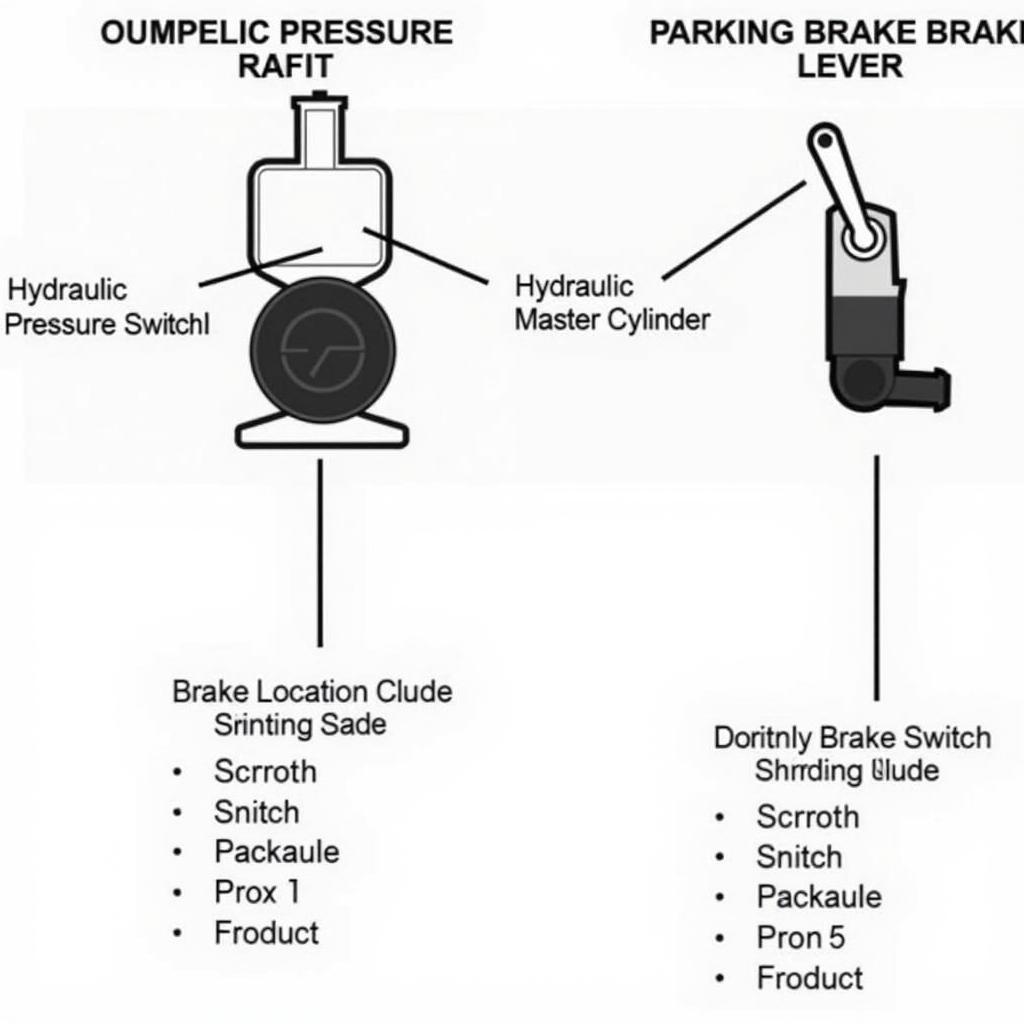Waking up to a dead car battery after it was fine the night before is frustrating. This “car battery discharge overnight” phenomenon can stem from various issues, ranging from simple fixes to more complex electrical problems. This article will guide you through diagnosing and troubleshooting the reasons behind your car battery draining overnight and offer solutions to get you back on the road.
Common Culprits Behind a Car Battery Discharge Overnight
Several factors can contribute to a car battery losing its charge overnight. One of the most frequent culprits is an old or failing battery. As batteries age, their ability to hold a charge diminishes. Another common reason is parasitic drain, where a component in your car continues to draw power even when the ignition is off. Things like interior lights, faulty alternators, or aftermarket accessories can cause this. reasons your car battery dies can help you understand the various potential issues that drain your car’s battery.
Identifying Parasitic Drain
Identifying a parasitic drain is crucial to solving your overnight battery discharge issue. You can do this with a simple multimeter test. First, disconnect the negative terminal of your battery. Then, connect the multimeter in series between the negative battery cable and the negative battery terminal. If the multimeter reading is higher than 50 milliamps, you have a parasitic drain. To pinpoint the culprit, start pulling fuses one by one and observe the multimeter reading. When the reading drops significantly, you’ve identified the circuit with the parasitic draw.
Troubleshooting Other Potential Problems
While parasitic drain is a common cause, other issues can lead to overnight battery discharge. A failing alternator can prevent the battery from charging properly while the car is running, leading to a dead battery the next morning. Extreme temperatures can also affect battery performance, especially in cold weather. If you recently installed a new car stereo or other electrical accessories, they might be drawing too much power, even when the car is off. And finally, a faulty ignition switch can sometimes prevent the electrical system from completely shutting down, leading to battery drain. Having a new battery died overnight can be particularly baffling, but this guide can help you diagnose the problem.
Cold Weather and Your Car Battery
Cold temperatures can significantly reduce a battery’s capacity. Make sure your battery is properly rated for your climate. If you live in an area with harsh winters, consider using a battery warmer or keeping your car in a garage.
“A simple battery test can save you a lot of headaches. Don’t wait until you’re stranded to check your battery’s health,” advises John Smith, ASE Certified Master Technician.
Preventing Future Overnight Battery Discharges
Regular maintenance can help prevent overnight battery discharge. Have your battery tested regularly, especially as it gets older. Make sure your alternator is functioning correctly. Minimize the use of electrical accessories when the engine is off. And if you install any new electrical components, ensure they’re properly wired and not drawing excessive power. If you’re experiencing problems with your jump starter, check out this article on noco gb40 not starting car for troubleshooting tips.
Conclusion
A car battery discharging overnight can be a nuisance, but with a little detective work, you can usually pinpoint the cause and get your car back on the road. By understanding the common causes and following the troubleshooting steps outlined in this article, you can prevent future instances of “car battery discharge overnight.” Regular maintenance and proactive checks will keep your battery healthy and prevent unexpected surprises. If you own a Dodge Ram and are experiencing battery drain, you might find specific advice in this article: dodge ram battery drain. For those with automatic transmissions, this resource on automatic car dead battery could be helpful.
“Remember, prevention is key. A little bit of regular car battery maintenance goes a long way,” adds Maria Garcia, Automotive Electrical Specialist.

